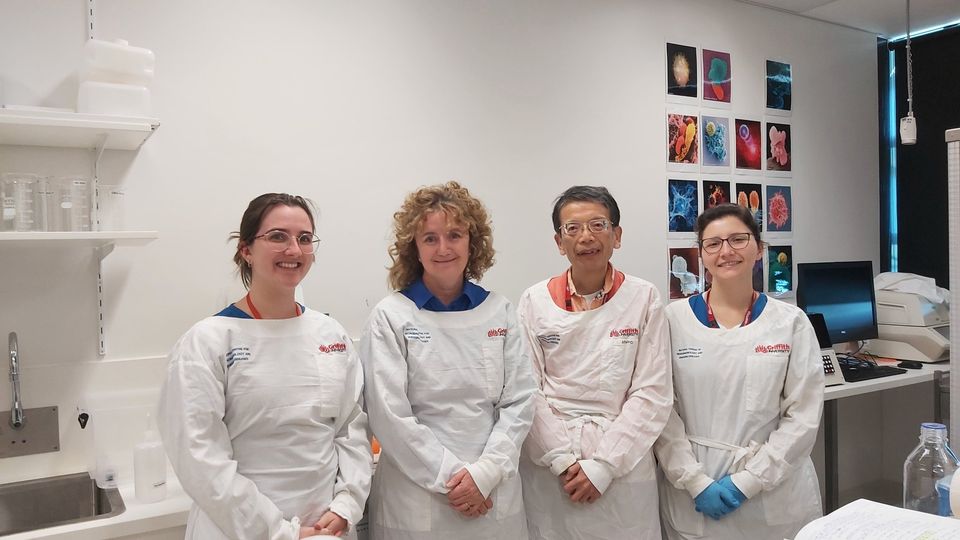NCNED new publication on ion channel dysfunction in Long COVID
This original research from the Australian National Centre for Neuroimmunology and Emerging Diseases (NCNED) found impaired TRPM3 ion channel activity in post COVID-19 condition patients. The methodology employed in this study was the result of a ground breaking development over the past 7 years identifying the pathophysiology in ME/CFS. Globally it is recognised that the symptoms of post-COVID-19 overlaps significantly with ME/CFS.
Background
Myalgic encephalomyelitis/chronic fatigue syndrome (ME/CFS) is a severe multisystemic condition associated with post-infectious onset, impaired natural killer (NK) cell cytotoxicity and impaired ion channel function, namely Transient Receptor Potential Melastatin 3 (TRPM3). Long-term effects of severe acute respiratory syndrome coronavirus 2 (SARS-CoV-2) virus has resulted in neurocognitive, immunological, gastrointestinal, and cardiovascular manifestations recently recognised as post coronavirus disease 2019 (COVID-19) condition. The symptomatology of ME/CFS overlaps significantly with post COVID-19; therefore, this research aimed to investigate TRPM3 ion channel function in post COVID-19 condition patients.
Methods
Whole-cell patch-clamp technique was used to measure TRPM3 ion channel activity in isolated NK cells of N = 5 ME/CFS patients, N = 5 post COVID-19 patients, and N = 5 healthy controls (HC). The TRPM3 agonist, pregnenolone sulfate (PregS) was used to activate TRPM3 function, while ononetin was used as a TRPM3 antagonist.
Results
As reported in previous research, PregS-induced TRPM3 currents were significantly reduced in ME/CFS patients compared with HC (p = 0.0048). PregS-induced TRPM3 amplitude was significantly reduced in post COVID-19 condition compared with HC (p = 0.0039). Importantly, no significant difference was reported in ME/CFS patients compared with post COVID-19 condition as PregS-induced TRPM3 currents of post COVID-19 condition patients were similar of ME/CFS patients currents (p > 0.9999). Isolated NK cells from post COVID-19 condition and ME/CFS patients were resistant to ononetin and differed significantly with HC (p < 0.0001).
Conclusion
The results of this investigation suggest that post COVID-19 condition patients may have impaired TRPM3 ion channel function and provide further evidence regarding the similarities between post COVID-19 condition and ME/CFS. Impaired TRPM3 channel activity in post COVID-19 condition patients suggest impaired ion mobilisation which may consequently impede cell function resulting in chronic post-infectious symptoms. Further investigation into TRPM3 function may elucidate the pathomechanism, provide a diagnostic and therapeutic target for post COVID-19 condition patients and commonalities with ME/CFS patients.
https://molmed.biomedcentral.com/articles/10.1186/s10020-022-00528-y


No responses yet